Annie decided she had enough of the cold weather, so went to Carrefour in La Linea to buy us a 1,500 W fan heater. On Tuesday 19th November, we motored out of Alcaidesa Marina in La Linea next to Gibraltar, to catch the outgoing tide, if any, to cross the Gibraltar Strait to Tangier, Morocco.
Despite planning our crossing according to the Pilot guidelines, we encountered a substantial flood current running into the Mediterranean Sea. Evidently evaporation in the Mediterranean cannot be offset by inflows from rivers into the Med. Therefore, the Atlantic Ocean water level can be as much as two metres higher than in the Med, as well as having lower salinity than the Med.
This causes flood currents into the Med of up to 6 knots and depending on the wind direction, can sometimes be partially offset by the ebb currents. Our expectations were too high, as we had to crank up the engine up to 2,500 rpm to crawl across the Strait at 3.5 knots, dodging ships in transit in the shipping lanes.
We were met by friendly marina staff at the new Tanja Bay Marina in Tangier, who were efficient, as well as the police, who handled passport control. The Customs officials were slow to process their documentation and on inspection of our boat, were more interested in weapons and drones, than in the substantial cache of alcohol and wine we had stowed away in La Linea. Lucky for us.
For more than 2,500 years people have inhabited this strategic point on the strait separating Europe from Africa. And just about every race or power that ever had an interest in this corner of the Mediterranean has left its mark. The port has seen them all come and go: Phoenicians, Romans, Visigoths, Arabs, Portuguese, British and Spaniards among others. Tangier (Tanja to the locals) has also for some 40 years been under the dubious control of an international council, before it was reunited with Morocco, after Morocco’s independence in 1956.
We used the overcast and rainy weather to visit the Medina (old town) and the Kasbah (Casbah). We found a tailor who were more than happy to replace a zip on one of my shorts and patch up the splitting seams in our two fold-up bicycle bags – for AUD 6! People eke out a living here and the contrast between the hip Moroccan youngsters and the older generation is striking. The other striking thing is the absence of older women on the streets – the men crowd the coffee and tea houses in this patriarchal society, seemingly with no need to work.
There was a break in the rain the following day, so we took the opportunity to walk all the way to the top of the Kasbah to visit the Kasbah museum – the former Sultan’s palace. Here we found an interesting display of artefacts dating back to the Carthaginians and the Romans who occupied this palace followed by the Muslims, Portuguese, Spanish and British Governors.
On a more contemporary note there is also the Cafe Detroit on the second floor off the garden courtyard. It was set up in the 1960’s by Brion Gysin, writer and friend of the Rolling Stones. It was then called the Thousand and One nights and saw many musicians pass through, including Brian Jones founder and original leader of the Rolling Stones, before his early death in 1969.
We ended up staying in Tangier for four days, enjoying the local food and waiting for the rain that came with the south-westerly wind, to abate. We departed on Saturday the 23rd November, when a favourable north westerly set in to carry us south along the coast to Rabat, the capital. Alas – we were still in the Gibraltar Strait and had to fight massive swells and current before we could turn south along the Moroccan coast. The preceding four day’s wind left a lovely 3-4m swell rolling in from the Atlantic, but the new 15 knot westerly wind allowed us to sail through the night for 70 nm.
The last 70 nm to Rabat had less wind, leaving us with a confused sea through which we had to motor sail. Arriving off Rabat at 11:30, we were refused entry into the harbour, as the swells were crashing over the breakwater and harbour walls, resembling a washing machine. Err on the side of caution we said, and carried on to Mohammedia, a large harbour with a small yacht club, about 12 nm north of Casablanca – which we discovered, doesn’t have a yacht basin due to funding cuts.
We had a very friendly reception by the police and customs officers who came to stamp passports and check the boat. During the night, we discovered that the 2.7 m tidal range, had Esprit standing on her 2.2 m keel, at every low tide. We were tied up well and the security at the yacht club was excellent, so the next day we took the express train to Marrakech (Marrakesh) for the 3-hour journey in second class. Not cheap at about AUD 24/person, but convenient, clean and on time. I was reminded of Crosby, Stills and Nash’s hit, the “Marrakesh Express” from 1969.
Marrakesh has an entirely different feel to Tangier in the North. It remains more African than cosmopolitan Tangier and Casablanca. It was at one stage the capital and the king has his palace here. Located in the foothills of the Atlas Mountains, it is still regarded as the southern capital and attracts merchants and traders from the surrounding plains, High Atlas Mountains and the Sahara. Red, in all its shades, has become the colour of Marrakesh – even on the modern buildings.
Marrakesh station is a modern structure with quite an airy feel, incorporating traditional symbolism, arts and crafts. Djemaa el-Fna, is a large, irregularly shaped open area in the heart of the old city and the medina, with the landmark Koutoubia mosque across the main street. From this open area runs the traditional maze of souqs and twisting alleys, where you can easily get lost. We had lunch here, watching the passing show of tourists, hustlers, traders and snake charmers.
On the advice of Karen our daughter, who travelled through Morocco a few years ago, we didn’t visit Casablanca, as it is Morocco’s largest city, industrial centre and port – nothing to remind you of the movie Casablanca with Humphrey Bogart. You can visit the Hassan II mosque, the third largest religious monument in the world, completed in 1993, with a 210 m high minaret. It is said to be big enough to house Notre Dame or St Peter’s in its vast prayer hall. It took a photo as we sailed past from a distance of about two nm.
Leaving Mohammedia, we went well offshore to keep out of the way of the numerous fishing boats and the ever present fishing buoys that inhabit a 12 nm distance offshore. The sea was now much calmer with a gentle 3 m high swell setting in from the West. It took us 46 hours to sail or motor on occasion, the 280 nm to Agadir in the South. The two nights en route were quite cold, but when we tied up in Agadir marina at midday on the 28th, the temperature was a pleasant 27 deg C.
Again, we were met by very friendly customs and police staff who were clearly aware of the value of tourism to this out of the way town. We took the opportunity to fill up with cheap diesel and gas cylinders for the last time before crossing to the Canary Islands. We had a pleasant evening with Eduard and Almuth Keck Otterstedt from Switzerland on their yacht “Single Malt”, who at the ages of 83 and 76 have circumnavigated the world and are still cruising. They are also glider pilots.
Next stop will be in the Canary islands, so until later, Cheers!
For those interested in our progress across the Atlantic Ocean, you can follow us on our Predictwind tracking page https://forecast.predictwind.com/tracking/display/Esprit3 for updates.
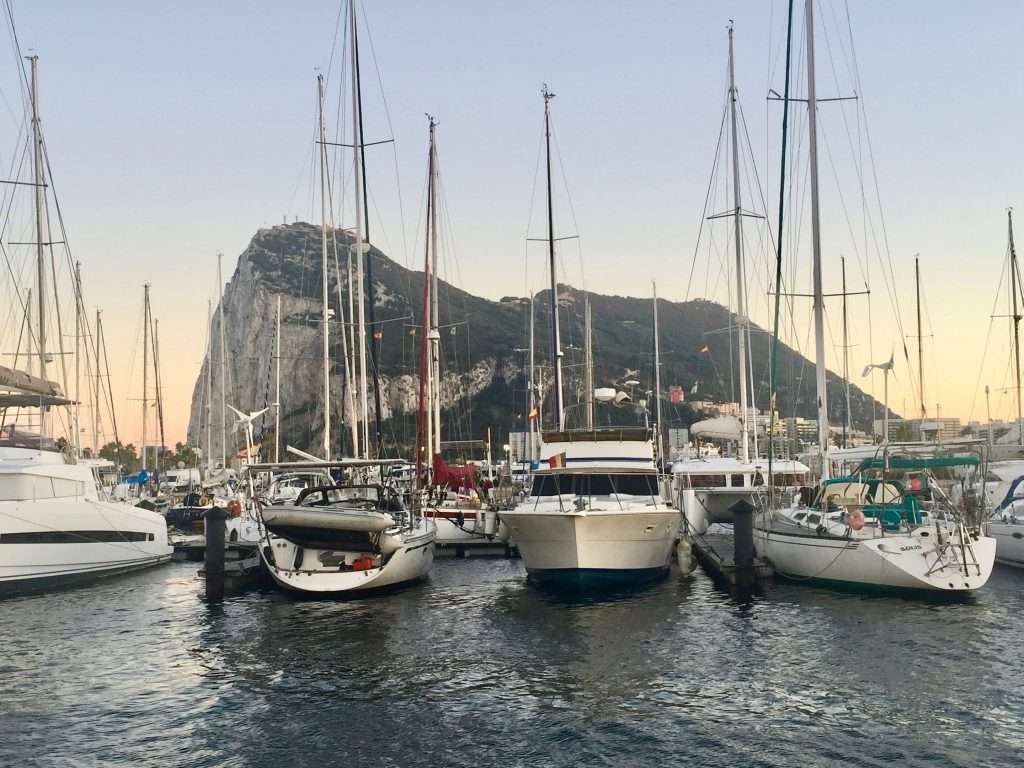





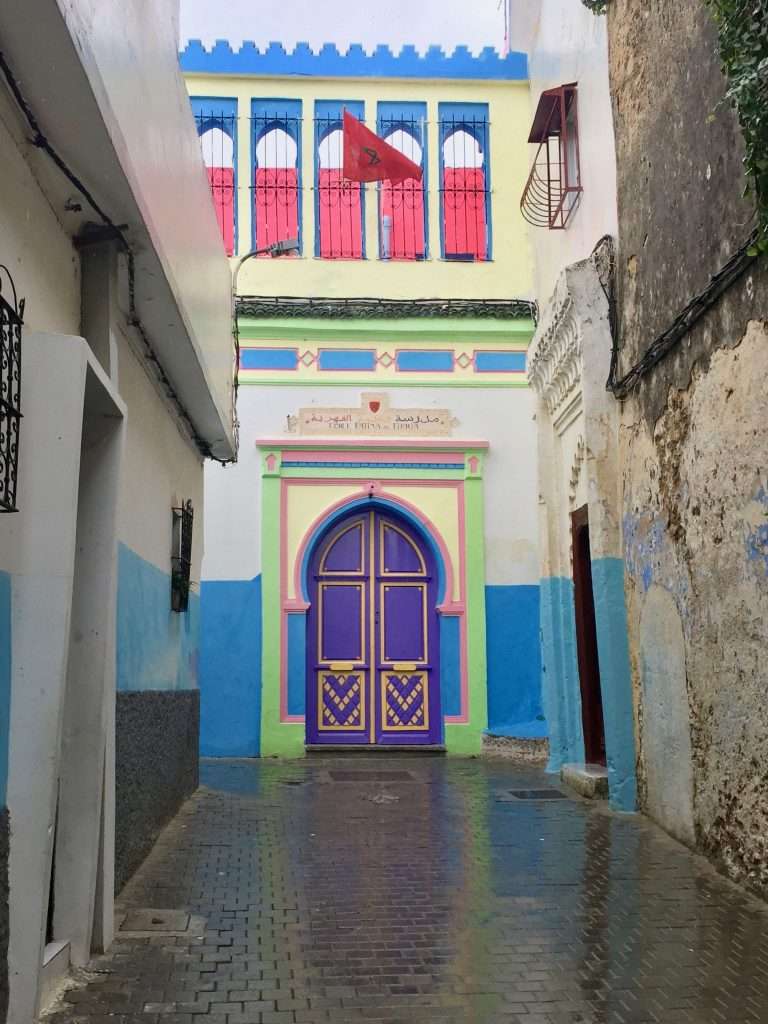


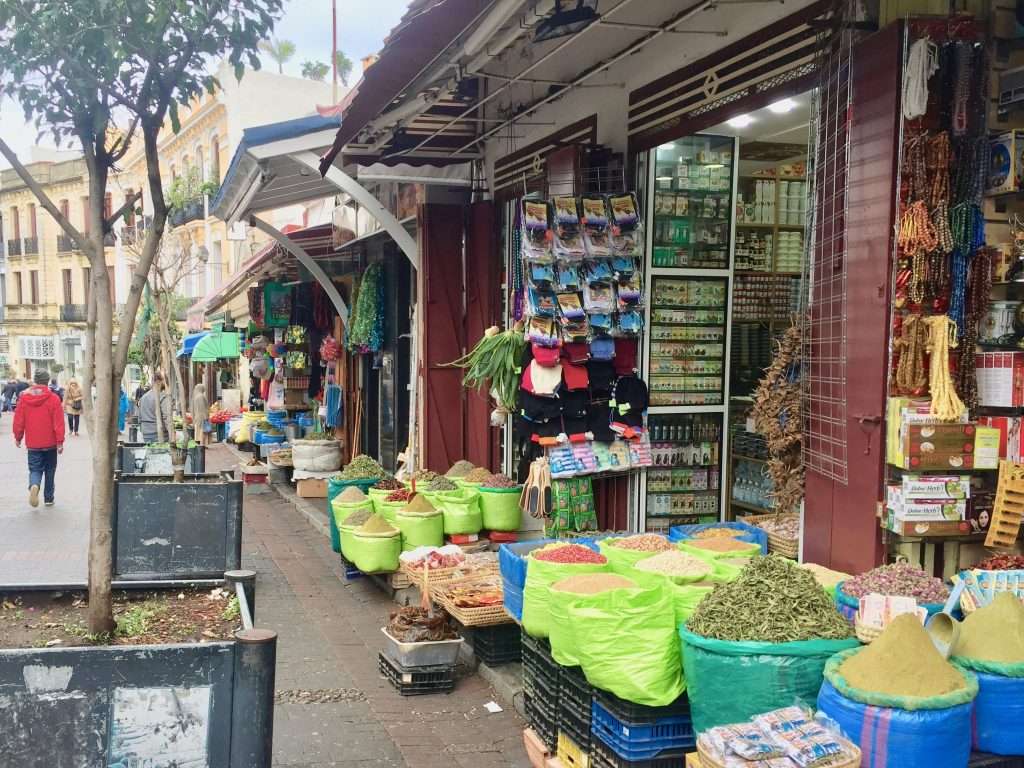


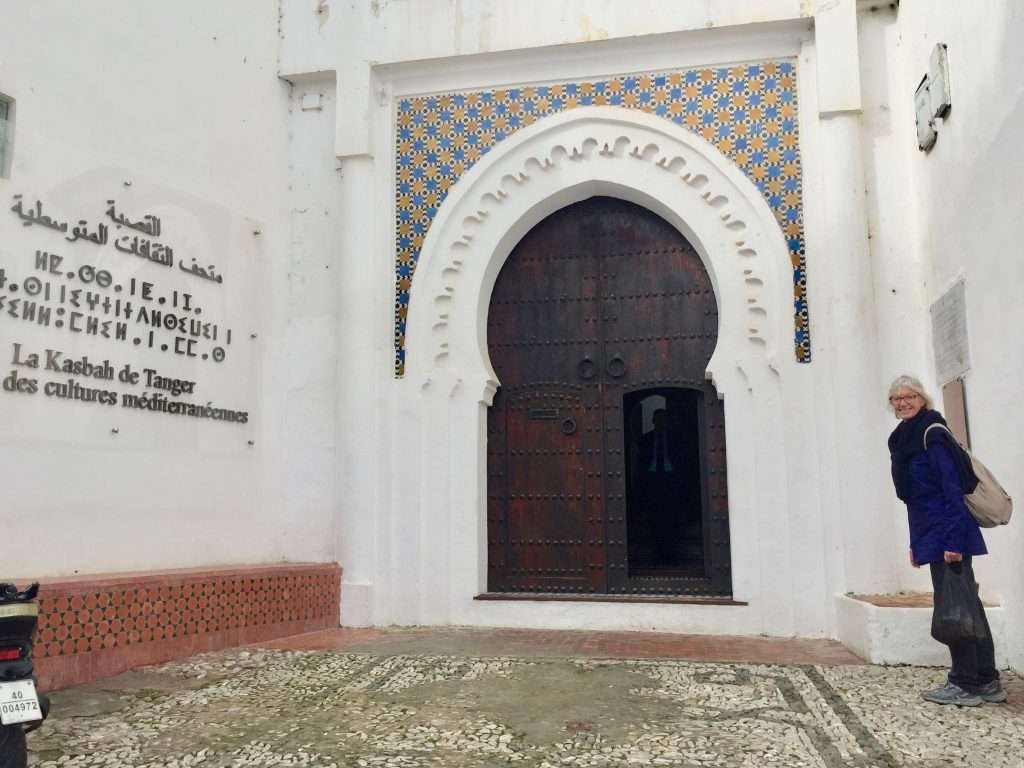



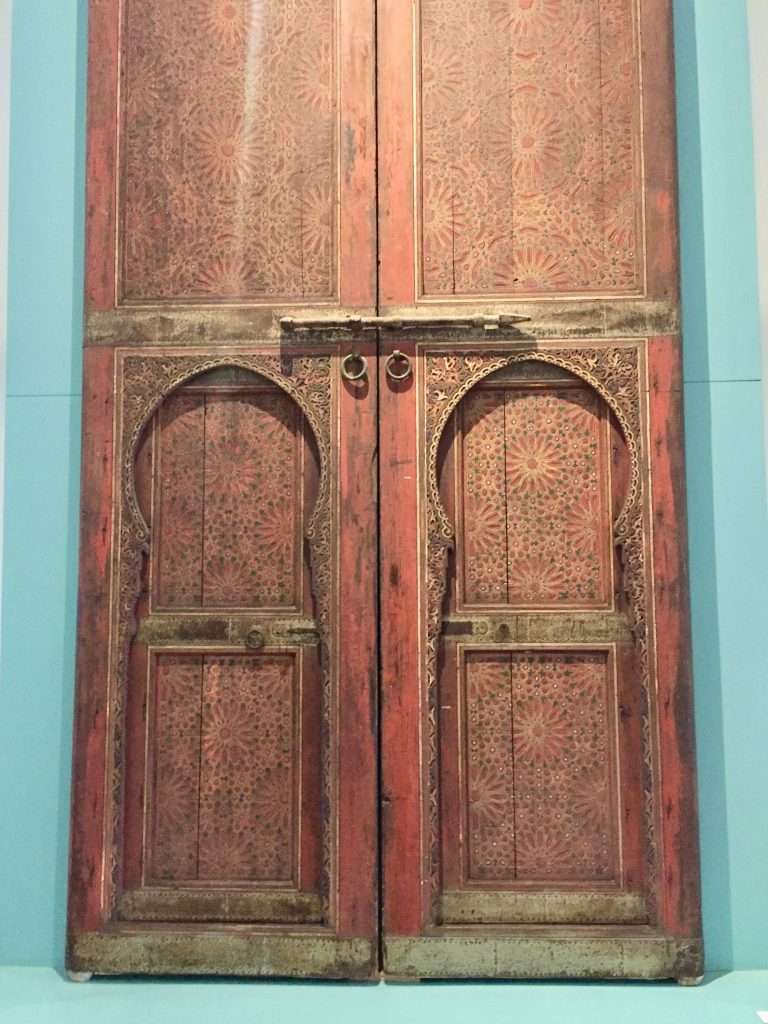






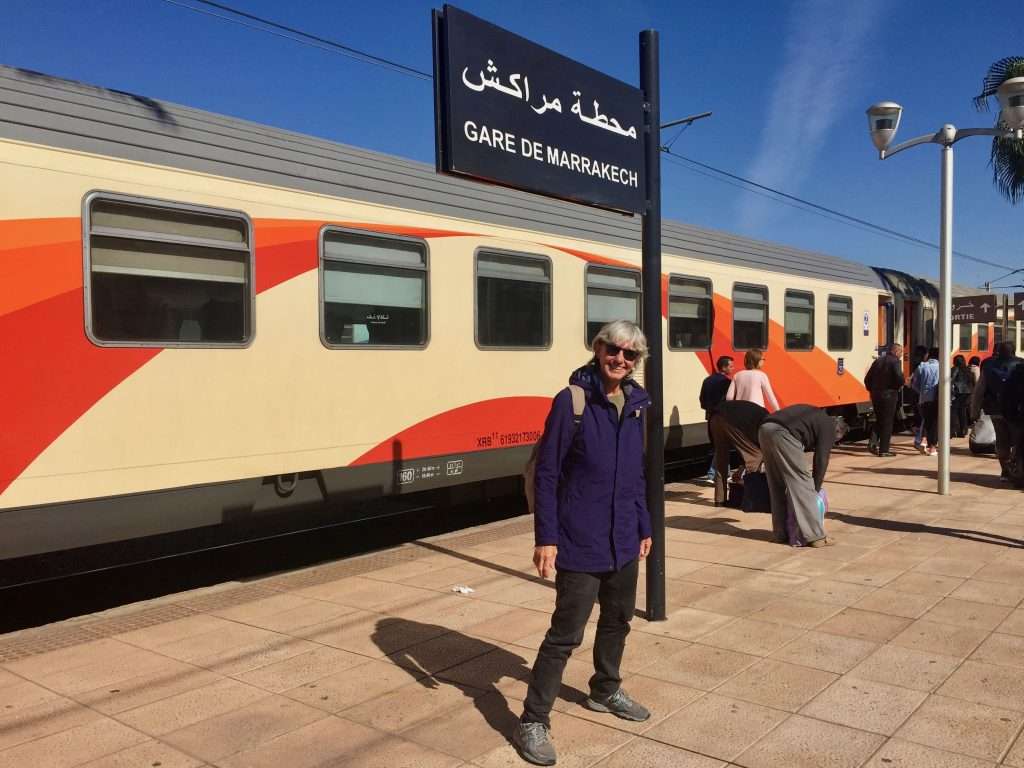
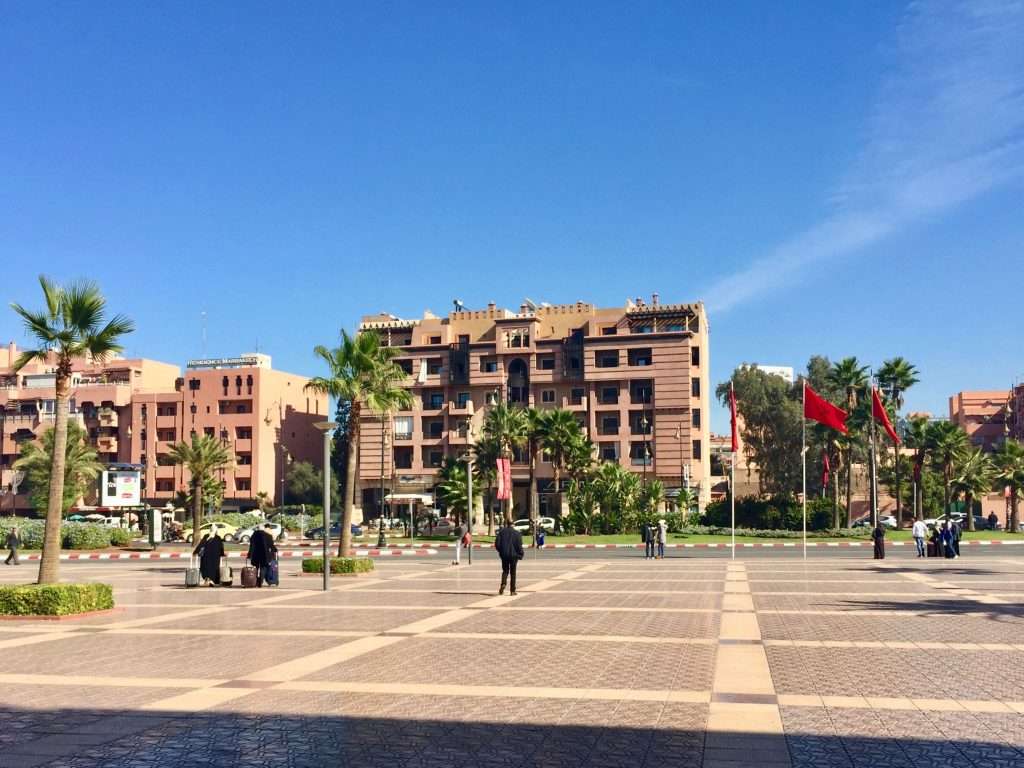

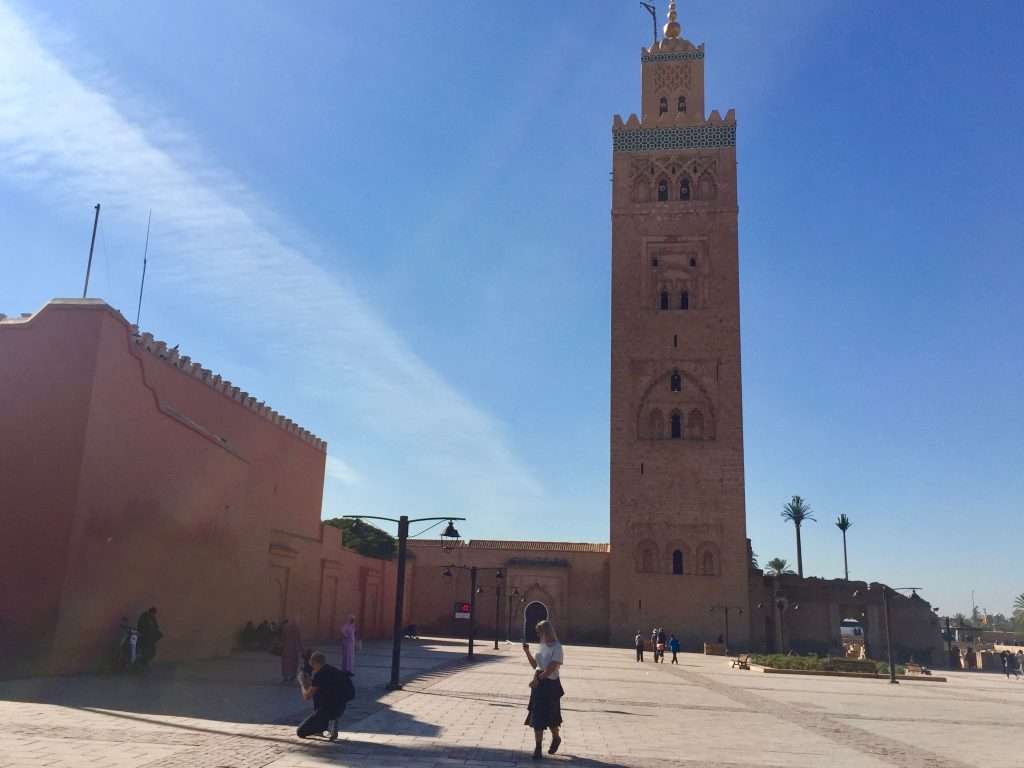


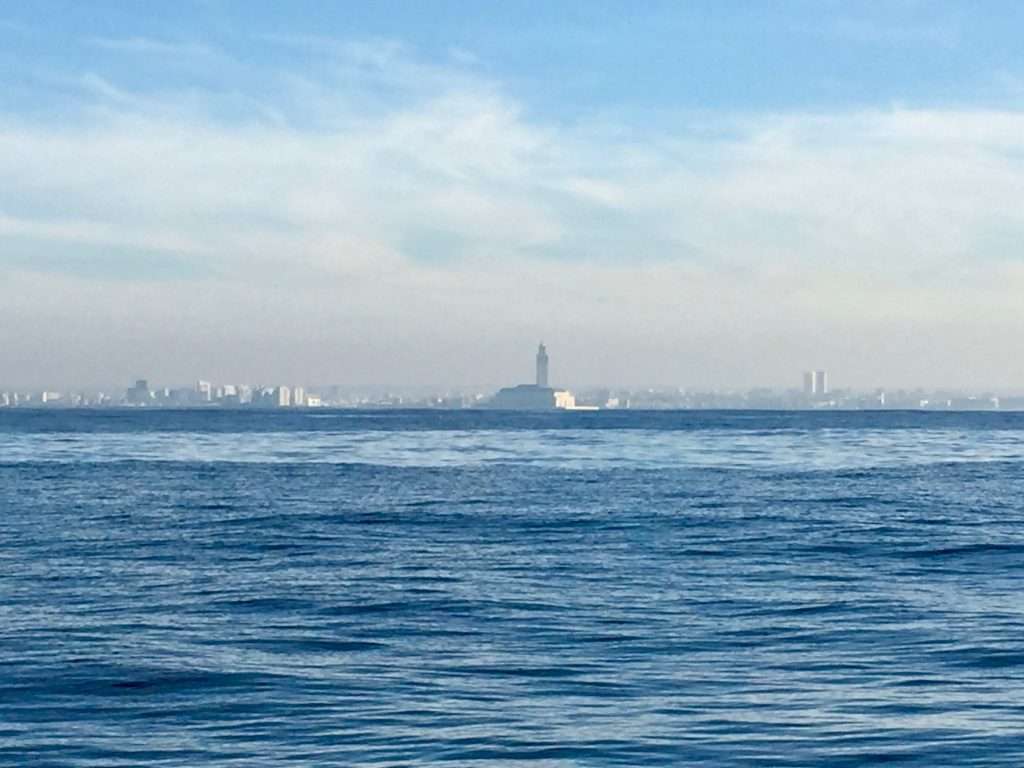

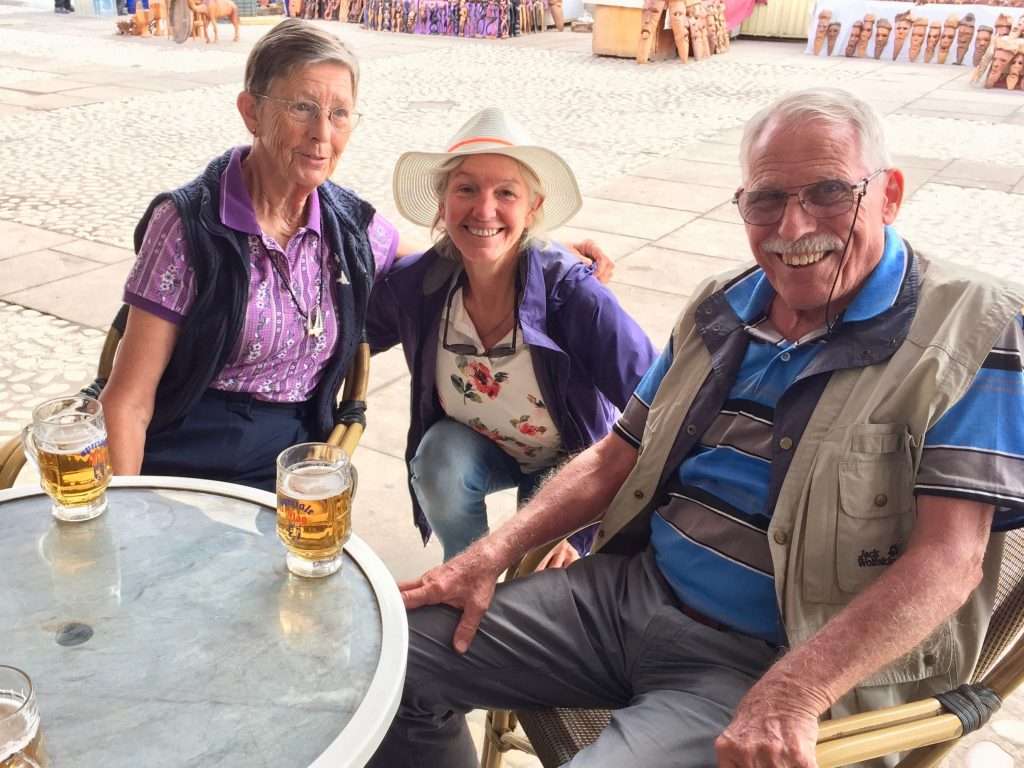
Wonderful pix and commentary. We feel like we are on this adventure with you guys!
THANKYOU!
Wow, you guys are certainly seeing the world. Well done!
We are just back from SA seeing Jen’s mom and other friends. A quick 2 week visit before resuming grandparent duties.
Jason and Bobbie have just bought a house in French’s Forrest and seem very happy with their purchase. It includes a pool, cubby house and chook pen – all very domesticated!
We understand that Steff and Cath now have their own yacht. We sailed past it just prior to their purchase and it looked good.
Luv and best wishes for a great Christmas.
Never knew about difference in waterlevels between Atlantic and Mediterranean. Two meters that is a lot. Beautifull pictures of Tanger. Does remind me of our honeymoon 47 years ago.!
A very nice blog and we are very jealous. Keep on having a great time.
Hello Dear Hearts—-
We are in Las Palmas at the marina waiting on a part for our genset. Are you coming our way? We would love to see you. As soon as we can get the genset running we’ll leave to cross the pond, probably making landfall at Guadeloupe.
Robbie & Bev
sv Mersoleil
Hi Robbie and Bev
We are at Graciosa island to the north of Lanzarote and should be in Las Palmas marina in the next five days. Look forward to catching up. Cheers, Annie & Dirk.